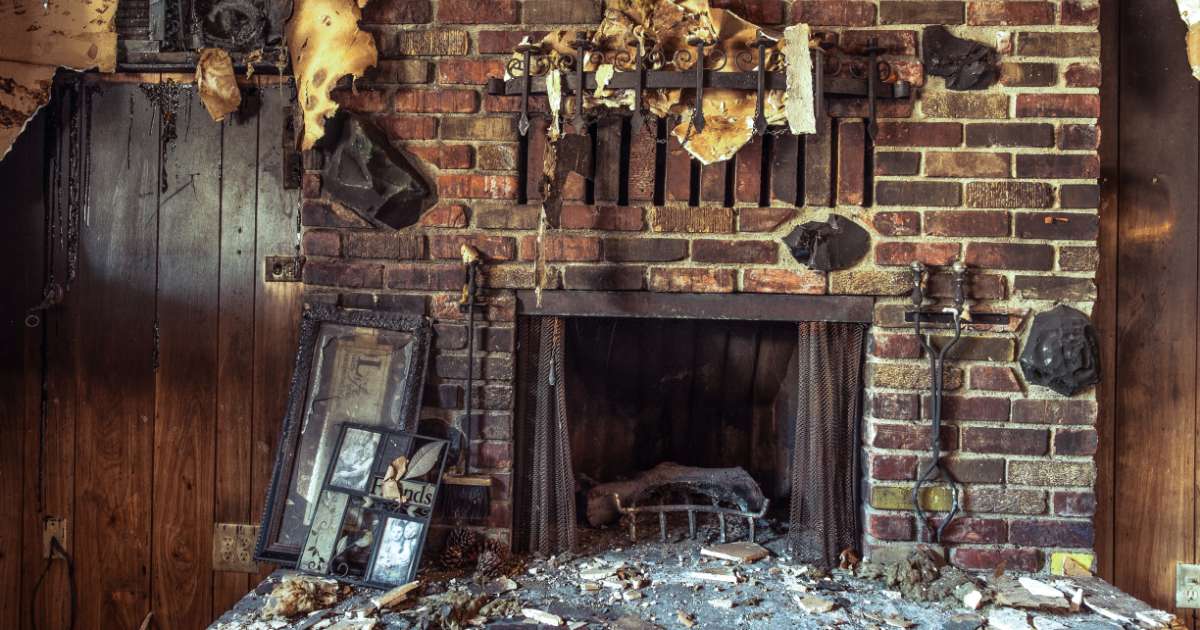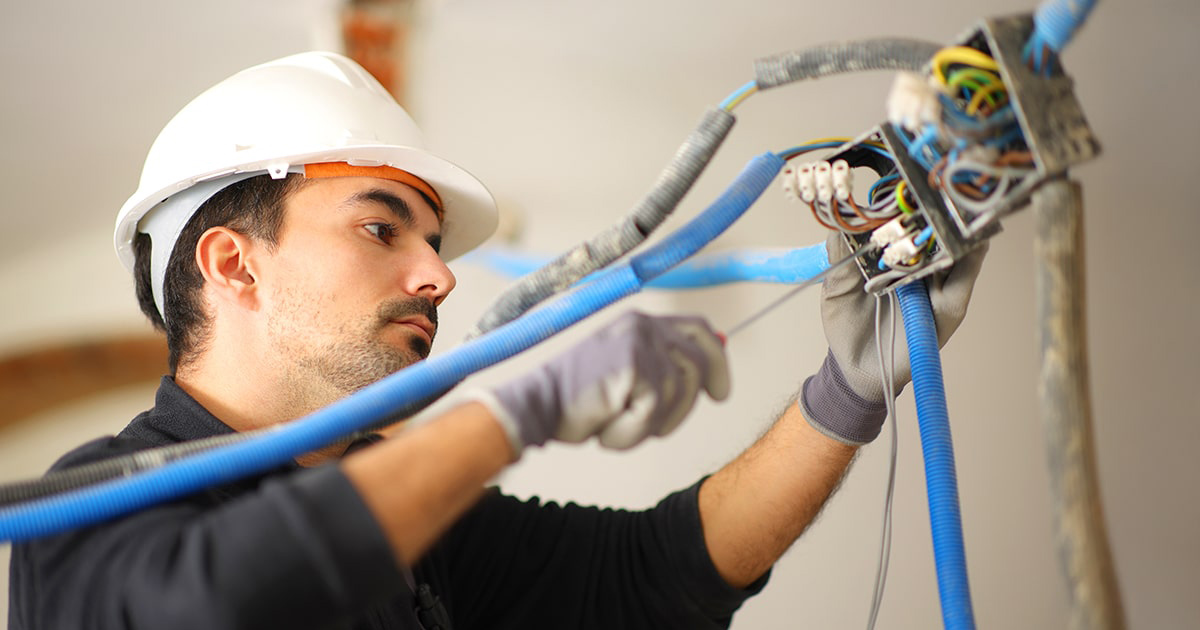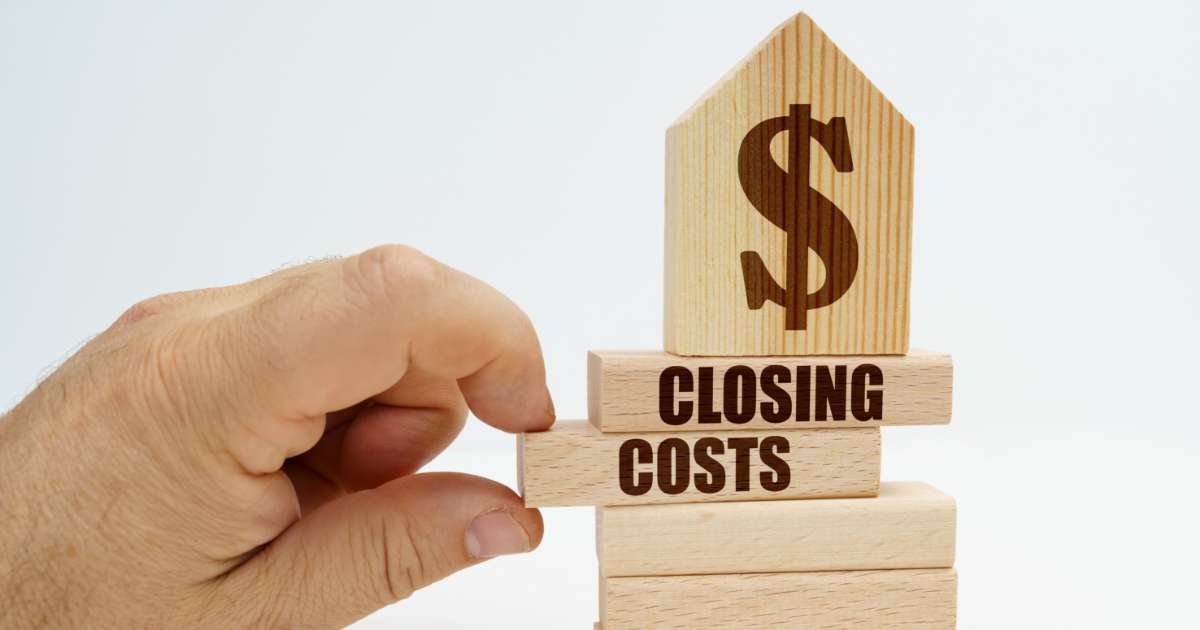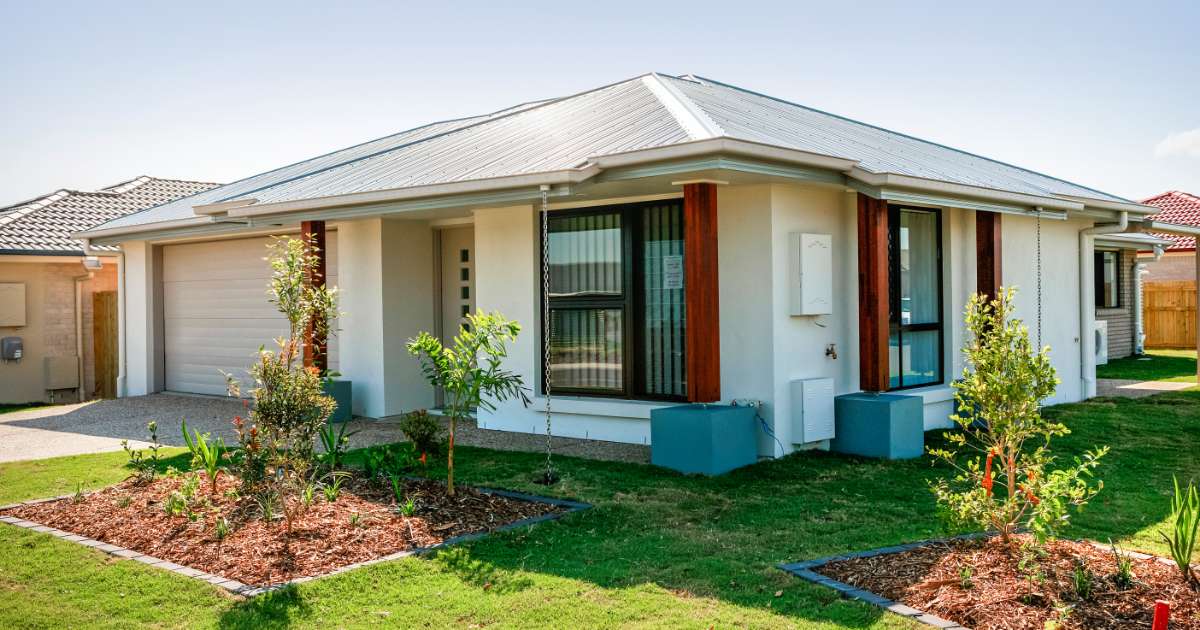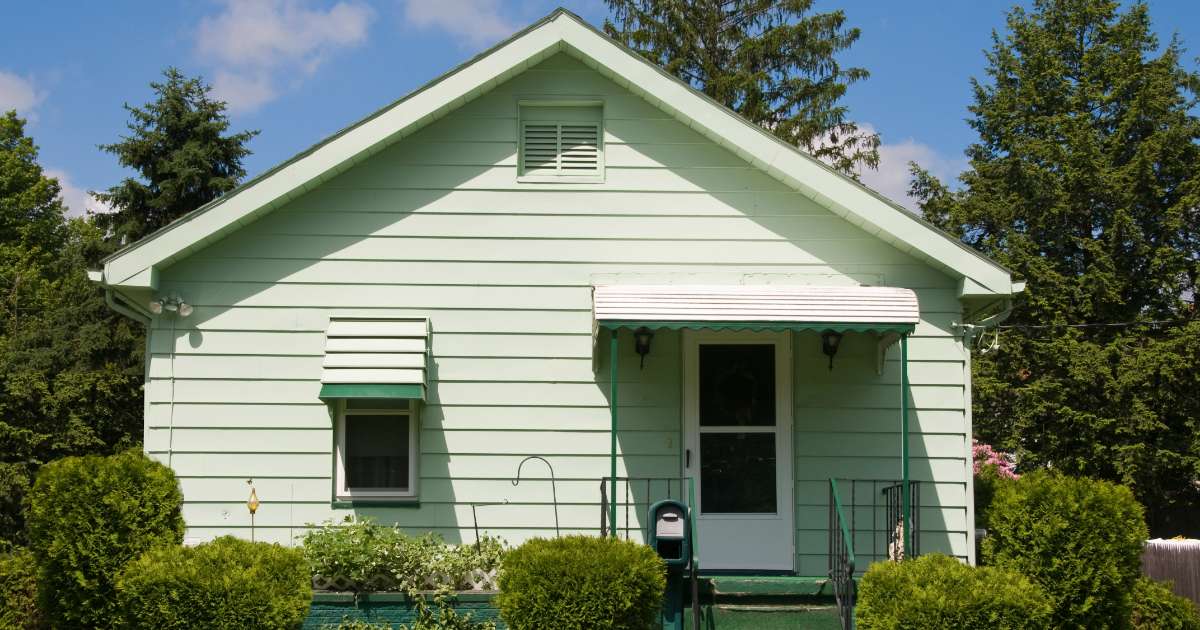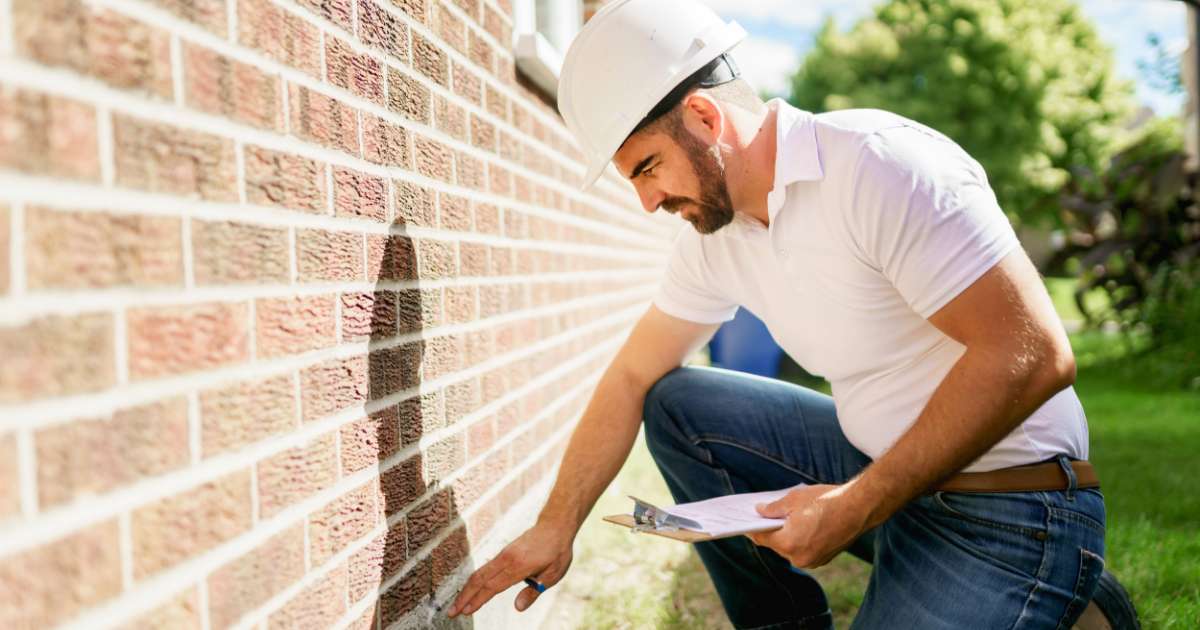When you’re trying to sell a house in the Dallas-Fort Worth area, knowing the value of your property is a smart first step. We’ll guide you through what it takes to calculate your home’s value.
Why knowing your home’s value is important for planning a sale
Figuring out your home’s value helps you price your house correctly, which should attract the right buyers and prevent a drawn-out selling process. Sellers who overprice often have longer listing periods and eventually need to lower their asking price. On the other hand, underpricing can mean leaving money on the table.
By knowing the value of your home, you can:
- Price competitively to attract more Dallas buyers.
- Avoid price changes and long listing times.
- Make wise decisions about whether to invest in repairs or renovations before putting your house on the market.
Factors that affect your home’s value in Dallas
Here are some of the factors that can influence what your house is worth in Dallas and the surrounding areas like Lakewood, Lake Highlands, Richards, Kessler Park, and Rockwall:
- Location: Being close to schools, transportation, green spaces, and hotspots like Deep Ellum and the Dallas Arboretum can do a lot to boost a house’s value. Desirable neighborhoods with strong demand tend to get higher prices.
- Condition and age of the house: The age and state of your property impact valuation. Newer homes or well-maintained older homes are usually worth more.
- Recent renovations or improvements: Updated kitchens and bathrooms, as well as amenities like swimming pools, can increase home values in DFW.
- Market trends and demand: Real estate market cycles affect pricing. In a seller’s market, demand is greater than supply, which means higher prices. In a buyer’s market, sellers might get less for their houses.
- Size and layout: Larger houses typically have higher values, especially if they offer desirable layouts and features.
- Comparable homes in the area (comps): Comparing your house to recently sold homes in your area that are similar in size, style, and condition can give you a sense of your house’s value.

Types of home valuation
Different valuation methods have different importance for Dallas home sellers. Here are the main types of valuations you can consider:
- Market value via comparative market analysis (CMA): Real estate agents use CMAs to determine market value. They compare your house with similar homes sold in the last six months. They look at homes of similar size, type, and location, typically adjusting based on 250-square-foot intervals.
- Assessed value: This value, calculated by local government assessors, is used for property tax calculations. This figure is usually lower than market value and isn’t suitable for setting a listing price.
- Appraised value: A professional appraiser evaluates your house’s worth based on things like size, location, and neighborhood comps. This valuation is commonly used in the home-selling process, especially if a buyer is using financing.
How to find out your home's value before selling
There are several ways to assess your home’s worth in Dallas before you put it on the market. Here’s a breakdown of the most effective methods:
- Hiring a professional appraiser: An appraiser provides an expert, detailed valuation by considering your house’s size, condition, location, and comparable local sales. A professional appraisal is highly reliable and can be key to pricing your house properly.
- Comparative market analysis (CMA): A CMA, conducted by a real estate agent, compares your home to recently sold houses that are similar in size, layout, and location. CMAs are regularly used by real estate agents to set a price that matches current market conditions. While not as official as a professional appraisal, CMAs can be considered a good way to find out what your house is worth.
- Online home valuation tools: Online calculators are good for getting a rough estimate of a house’s value. Keep in mind that these tools don’t account for specific property features or recent upgrades, which means that you’ll likely want to adjust the number.
- FHFA House Price Index (HPI) calculator: This Federal Housing Finance Agency tool estimates home value changes over time based on average appreciation rates in your city. While more accurate than other online calculators, it doesn’t factor in things like home condition and amenities.
When to consider a professional appraisal
A professional appraisal can be very helpful in certain situations. If your property has unique features or the market is hazy, an appraisal might be worthwhile. According to Angi.com, the average seller can expect to pay around $350 for a home appraisal.
Common mistakes to avoid when valuing your home
- Just using online tools: Online calculators can be inaccurate and shouldn’t be the lone basis for setting a selling price.
- Disregarding market conditions: Always consider whether it’s a buyer’s or seller’s market and price your house accordingly.
- Not making home improvements: Failing to account for the value of past upgrades can lead you to undervalue your property, while overlooking necessary maintenance can lead you to too high of a price.
- Not factoring in unique features: Special characteristics, like a garage apartment or high-end appliances, can add value if marketed correctly.
We Buy Ugly Houses® buys all kinds of properties
Whether your house has a high valuation, a low valuation, or is somewhere in the middle, We Buy Ugly Houses® can offer you a fast, hassle-free sale. Our Dallas team buys houses throughout the DFW Metroplex and can sometimes close in as little as 3 weeks.
When it’s time to sell, give We Buy Ugly Houses a call!

